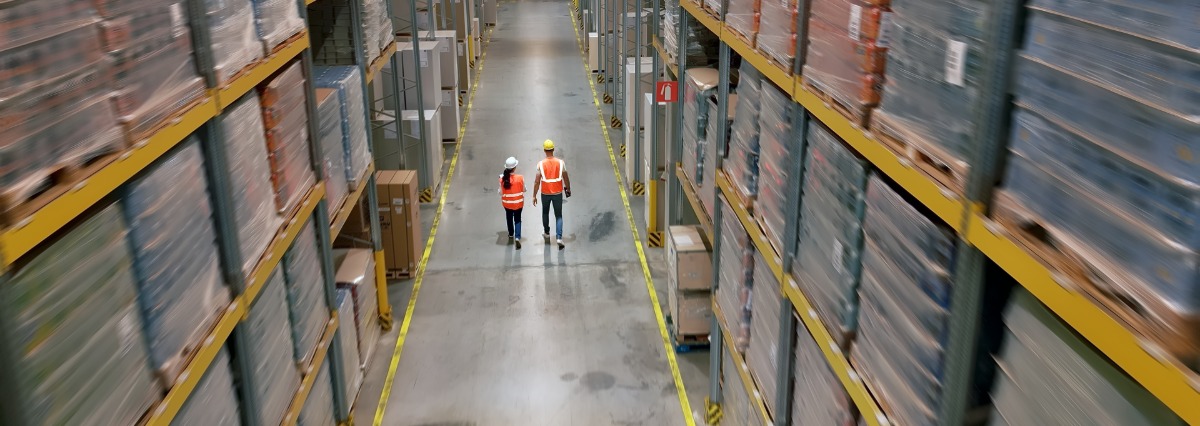The French government just announced its budget for 2019. After a year spent to control public spending and postpone some tax cuts in order to limit the fiscal deficit, the government announced new tax cuts for 2019. The corporates should benefit from the wider cuts (about EUR20bn). The end of a tax credit (CICE) will be backed by a -6pp social contribution decrease, and the corporate tax will be lowered to 31% from 33% (after a cut to 28% for SMEs only in 2018). The last quarter was not favorable for corporate margins which decreased to an average 31.5% in Q2 (-0.5pp from Q1) burdened by higher input costs. As a result, French corporates had to increase their debt exposure (72.3% of GDP in Q2) in order to finance their investment efforts (+3.7% in 2018) as well as for some of them their working capital requirement. Against this background, tax cuts are more than welcome.
However, French growth cannot walk on one leg for too long. In the first half of 2018, households did not contribute to growth since their consumption and investment stalled. Purchasing power issues and a scarcening of policy support (to tense areas) for residential investment were the main burdens. Households have the perception that their financial situation worsened to the same levels as in 2014. The announcement of the government that taxes will decrease by -EUR6bn in 2019 was not sufficient to drive a recovery in household confidence, also because EUR4bn are explained by a calendar effect (social contribution cuts were postponed from January 2018 to October 2018) and EUR1bn from measures perceived to benefit high incomes. This could be one explanation for the disconnection between household perception and government decisions. In Q2, household incomes (+1.1% q/q) were driven mainly by lower capital taxation (impact of flat tax and lower wealth tax). It helped household savings to recover (to 14.3% of their disposable income), but our forecasts for household consumption growth are still quite subdued (+0.3% q/q in Q3, after -0.1% in Q2).















